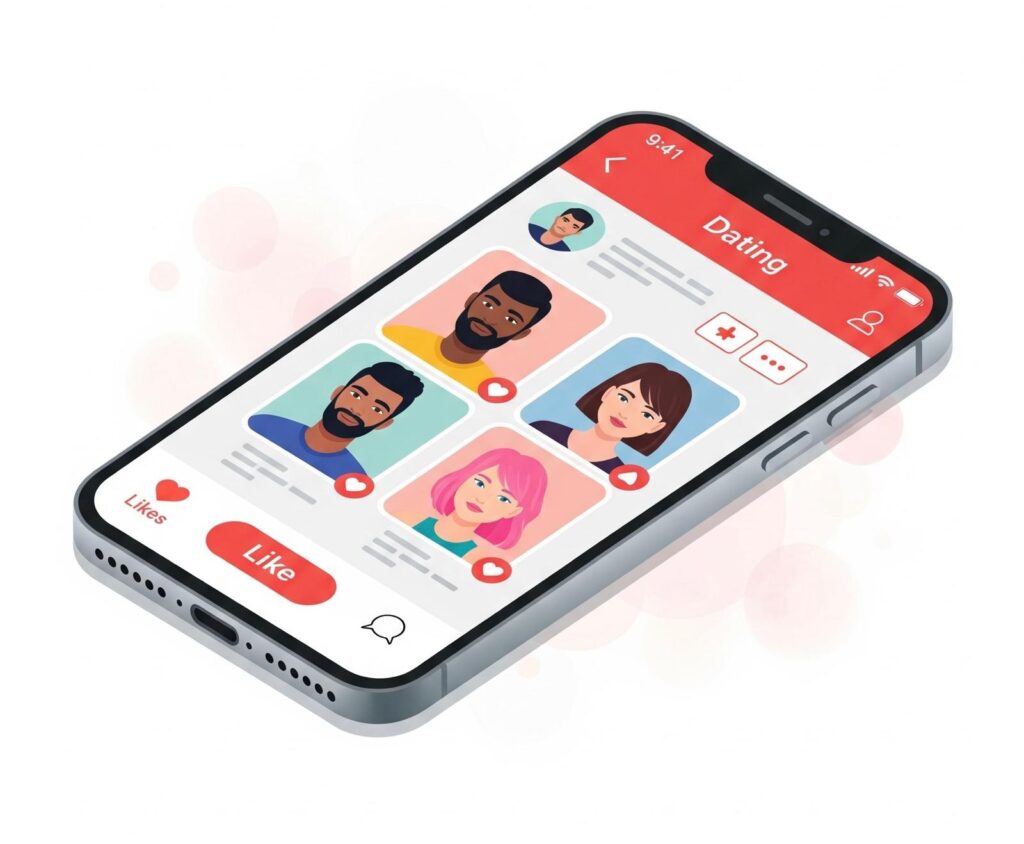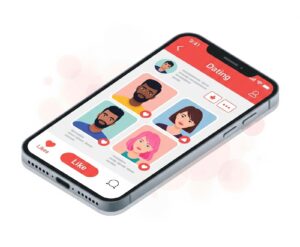In October 2024, the Australian government officially removed funding for sex therapy and sexual services from the National Disability Insurance Scheme (NDIS). This decision follows growing concerns about the scope of services funded under the scheme, sparking debate between policymakers and disability advocates. While proponents of the change argue that the NDIS should focus on more “essential” services, critics highlight the importance of sexual health and intimacy for people with disabilities.
Keywords: NDIS advocacy, How to advocate for NDIS services, Disability self-advocacy, NDIS appeals process, Advocacy organisations for NDIS, Support for NDIS service appeals, Disability advocacy Australia, Requesting NDIS plan reviews, How to challenge NDIS decisions
Background
The move to cut sex therapy from the NDIS has roots in earlier controversies surrounding the inclusion of sexual services under the scheme. A key moment in this debate came when the Administrative Appeals Tribunal ruled in favour of a participant who sought funding for sexual therapy in 2017. This decision set a precedent for NDIS participants to claim sex-related services as part of their “reasonable and necessary” support under the scheme.
However, the ruling was met with backlash from federal ministers, with NDIS Minister Stuart Robert leading efforts to legislate changes that would prevent taxpayer money from funding sexual services. The government argued that these services fell outside the core purpose of the NDIS, which is designed to support Australians with disabilities in managing daily life, health, and well-being, but not to cover sexual services (Hadley, 2021).
Reasons for the Cut
The primary reasons for the cut centre around the idea of aligning the NDIS with what is considered “reasonable and necessary” supports. Sex therapy, while acknowledged as important for personal well-being, was deemed outside the scope of essential services. Government officials argue that the scheme should prioritise medical care, daily living support, mental health services, and mobility aids.
Moreover, the government has pointed out that sexual services remain lawful and accessible for participants, but should be self-funded rather than supported by public funds. Ministers argue that removing these services prevents potential misuse of taxpayer money, particularly in cases where the service may not align with broader public expectations of what the NDIS should cover (Robert, 2021).
What Services Will the NDIS Cover Now?
The NDIS covers a wide range of services to help people with disabilities achieve their goals and improve their quality of life. These services include:
- Core supports: Assistance with daily living, such as personal care, transport, and household tasks.
- Capacity-building supports: Services to improve skills and independence, like therapies, education, and employment support.
- Capital supports: Equipment and home modifications, such as wheelchairs and accessible housing.
Each support must be “reasonable and necessary” according to NDIS guidelines (NDIS, 2022).
How Does the Government Define ‘Reasonable and Necessary’?
The government defines “reasonable and necessary” supports under the NDIS as services or items that are related to a person’s disability and are required to help them live independently and achieve their goals. These supports must be effective and beneficial to the participant, represent value for money, and take into account informal supports provided by family or community. Additionally, they must be the responsibility of the NDIS, rather than other government services like healthcare or education (NDIS, 2022).
Impact on People with Disabilities
Disability advocates and support groups have expressed concern about the removal of sex therapy from the NDIS. Sexual health is widely regarded as a significant component of an individual’s overall well-being, particularly for people with disabilities who may face additional barriers to forming intimate relationships or accessing sexual services.
Advocates argue that cutting these services reinforces the stigma surrounding the sexuality of people with disabilities, potentially marginalising their needs. Some professionals in the field of disability support emphasise that sexual therapy can play a critical role in improving the quality of life for participants, enhancing self-esteem, and addressing emotional and psychological well-being.
How are Disabled People Reacting to These Cuts?
Disabled individuals and advocacy groups have largely reacted with disappointment and concern to the cuts in sex therapy services from the NDIS. Many argue that sexual health and intimacy are essential components of overall well-being, and excluding these services could marginalise the sexual rights of people with disabilities. Critics believe the decision reinforces stigmas around the sexuality of disabled people and creates additional barriers to their access to comprehensive healthcare, including emotional and psychological support that addresses sexual relationships.
What are the Alternatives to Sex Therapy?
For individuals who can no longer access sex therapy under the NDIS, several alternative therapies can address emotional, psychological, and intimacy-related issues:
- Psychological Counselling: General therapy with a psychologist or counsellor can help address emotional well-being, relationship dynamics, and self-esteem.
- Occupational Therapy: This can assist with developing skills for independent living, including emotional and social connections.
- Relationship Counselling: Focuses on improving communication and intimacy between partners, which can enhance sexual health indirectly.
These alternatives support the holistic well-being of individuals with disabilities.
Ethical Considerations
The debate also raises broader ethical questions about the responsibility of public welfare programs to address sexual health and intimacy. While the NDIS is designed to support participants’ independence and quality of life, opinions differ on whether sexual health fits into this mandate. Critics argue that excluding these services reflects a narrow understanding of disability and well-being, while the government maintains that it is a necessary step to ensure the scheme remains sustainable and focused on priority areas.
How Can Disabled Individuals Advocate for Services?
Disabled individuals can advocate for NDIS services by:
- Engaging in Self-Advocacy: Expressing their needs clearly during NDIS planning meetings and reviews.
- Working with Advocacy Organisations: Partnering with disability advocacy groups, such as People With Disability Australia (PWDA) or the National Disability Advocacy Program (NDAP), for professional support in navigating NDIS processes.
- Providing Documentation: Supplying detailed medical and psychological evidence to strengthen their case for specific services.
- Appealing Decisions: Requesting an internal review or appealing through the Administrative Appeals Tribunal (AAT) if services are denied.
These strategies help ensure their voices are heard and their needs met within the NDIS framework.
Conclusion
The government’s decision to cut sex therapy from the NDIS reflects a complex debate over the boundaries of publicly funded services. While it addresses concerns about the appropriate use of taxpayer money, it also highlights gaps in how disability-related sexual health is supported. As the NDIS continues to evolve, ongoing discussions will likely shape how disability services balance the diverse needs of participants with fiscal responsibility.
References
- Hadley, R. (2021). Interview with Stuart Robert MP on sex therapy and the NDIS. Retrieved from formerministers.dss.gov.au
- NDIS. (2023). “Guidelines on Reasonable and Necessary Supports.” Retrieved from NDIS.gov.au
- NDIS. (2022). “Reasonable and Necessary Supports.” Retrieved from NDIS.gov.au.
How to get in touch
If you or your NDIS participant need immediate mental healthcare assistance, feel free to get in contact with us on 1800 NEAR ME – admin@therapynearme.com.au.
Discover more from Therapy Near Me
Subscribe to get the latest posts sent to your email.






